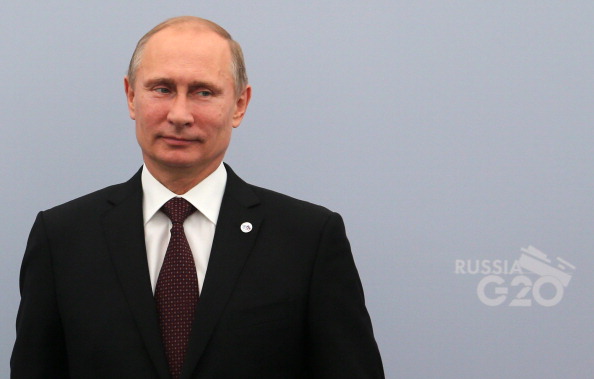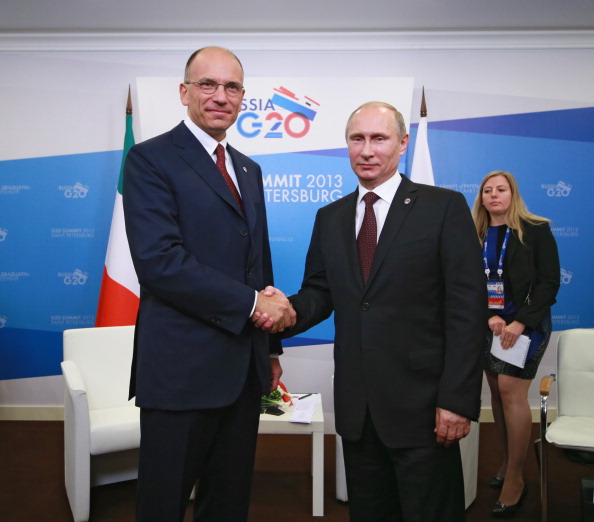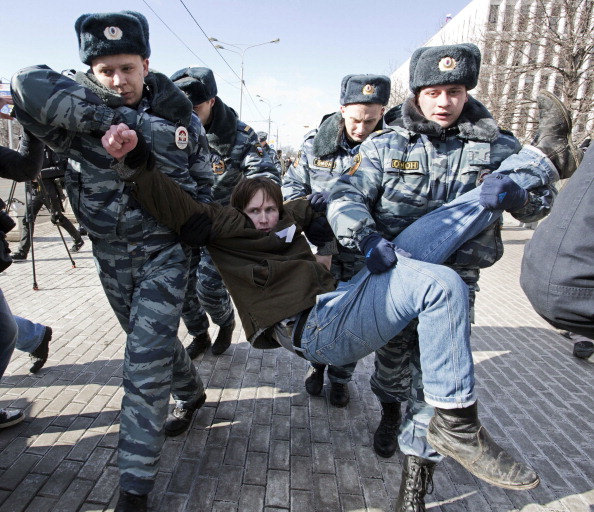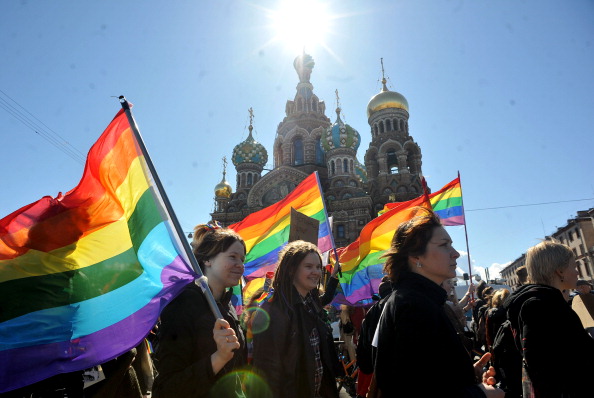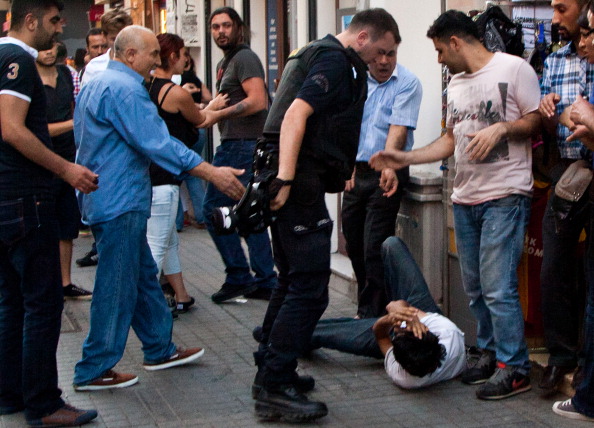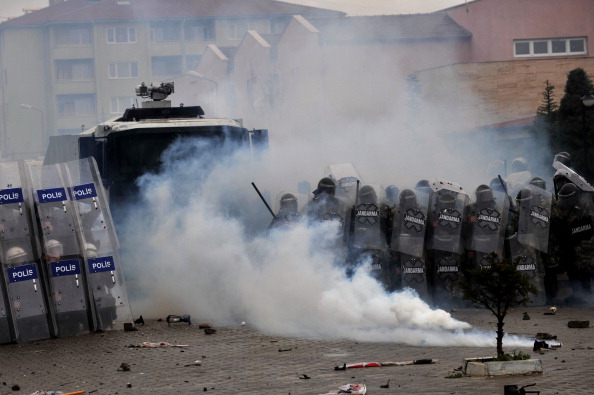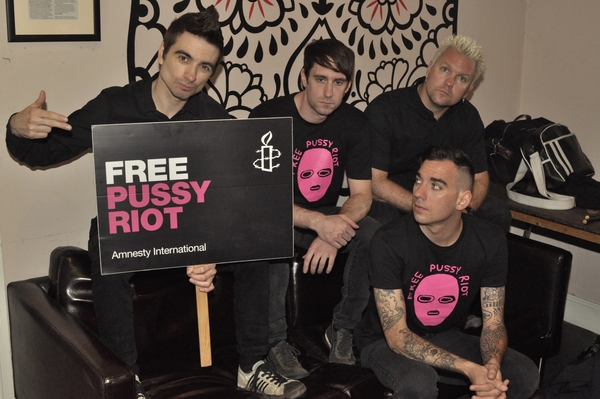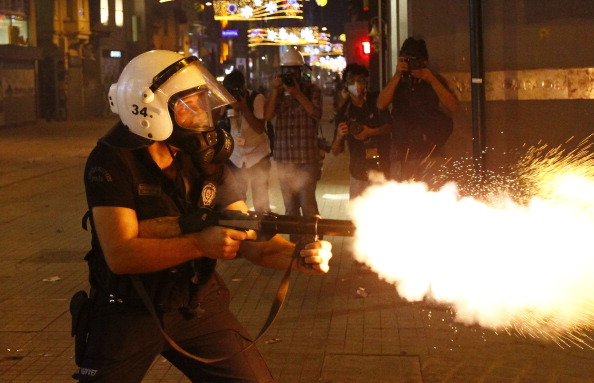
A riot police fires tear gas at demonstrators during a protest in Istanbul, Turkey (Photo Credit: Bulent Doruk/Anadolu Agency/Getty Images).
In Turkey, police violence against peaceful protestors continues. It is time for the world community to make its condemnation clear, not only through words, but through action. In this, Turkey’s most important ally, the United States, should take the lead.
In June and July, the world was galvanized by scenes of police violence against peaceful protestors in Turkey. Turkish police rained more than a hundred thousand tear gas canisters on its own citizens as they exercised their basic rights of freedom of expression and assembly. Hundreds of thousands of concerned individuals across the globe raised their voices against the abuses.
